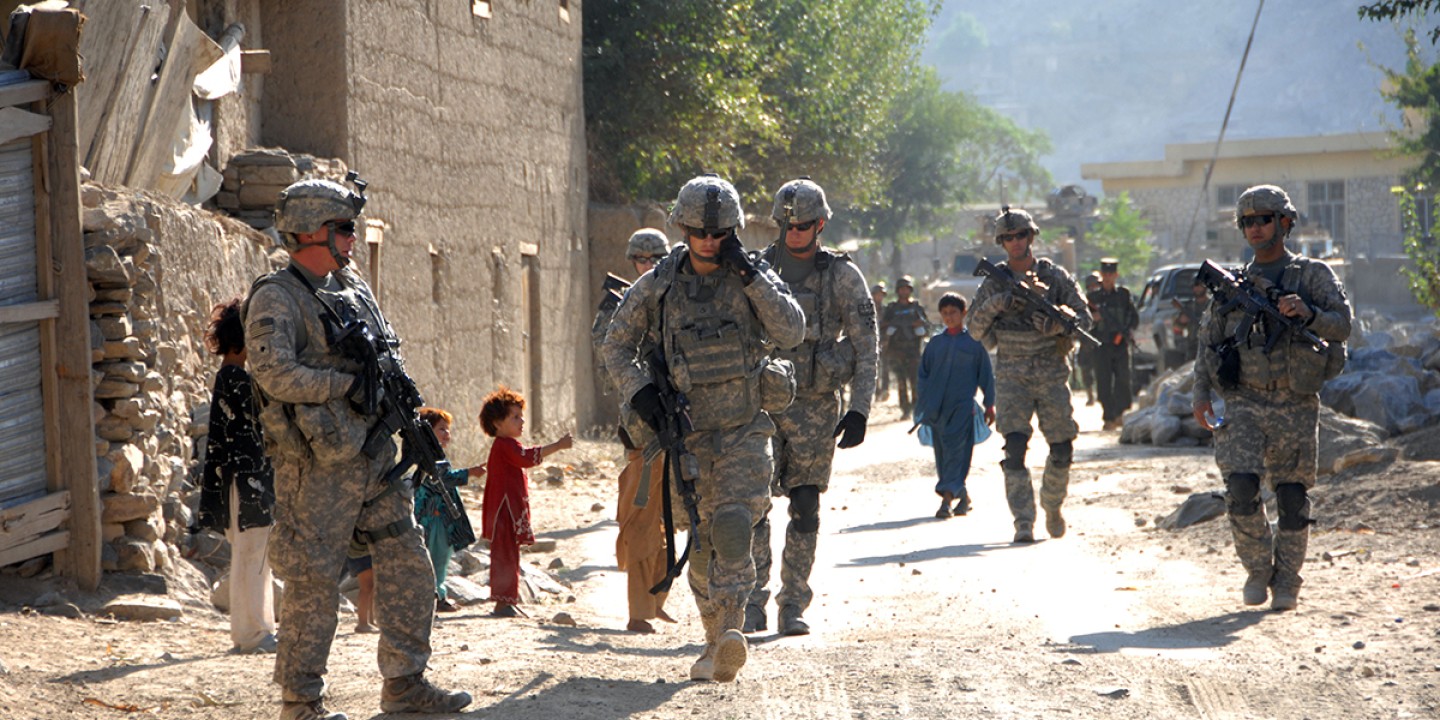The many failures revealed by the Afghanistan Papers
US officials have been lying about the war since it started. Why don’t we care?

In December, the Washington Post published a lengthy series based on interviews the Office of the Special Inspector General for Afghanistan Reconstruction conducted with military and civilian officials to evaluate US involvement in Afghanistan. The Afghanistan Papers—which were not intended for public view and took three years of legal battles for the Post to obtain—are frank, clear, and damning.
They show that US objectives in Afghanistan have been ill conceived for many years. Nearly $1 trillion in military spending has created tremendous destruction—including the death of more than 100,000 Afghans and 2,300 US soldiers—while $133 billion in development spending has created mostly just a toxic mix of corruption and opium. Since the Taliban’s initial ouster in 2003, US and NATO forces have lacked any clear idea of what winning would even look like. High-ranking officials—across three administrations and two parties—have routinely distorted statistics and misled the public to promote the idea that the war was being won. It has long been unwinnable, and they knew it.
Read our latest issue or browse back issues.
Like the Pentagon Papers of the Vietnam era, the SIGAR interviews make plain the way US leaders got the nation stuck in a long and senseless war while concealing the truth. But the Afghanistan Papers have produced only a small wave of reaction, nothing like the tsunami of coverage in 1971. Why?
The nature of political media is partly to blame. The Post published the Afghanistan Papers amid constant coverage of the impeachment of the president. Impeachment is certainly an important news story; it’s also a partisan tug-of-war, which motivates partisan officials to keep talking about it. As Alex Shephard points out in the New Republic, no such incentive exists with the Afghanistan Papers because leaders from both parties are so clearly implicated. Remove partisan blame as a motivator and it’s very hard for officials to acknowledge a policy failure and change course.
More importantly, the American public isn’t invested enough in the war to demand a change because the stakes aren’t widely shared. The war is funded by “emergency supplementary spending”—not by an ordinary line in the federal budget. This means that war spending doesn’t require offsets elsewhere in the budget—offsets citizens might notice and object to. Meanwhile, fewer than one in 200 Americans choose to serve in the military, and since 1973 there has been no threat of a draft to compel them to. The war, in short, has little effect on most Americans’ lives.
Yet the war in Afghanistan has long done great harm, whether or not we’ve felt it directly. What would it take to be truly outraged by the Afghanistan Papers, to insist that 18 years of pointless carnage and shameless lies are simply unacceptable? “Lessons Learned” is the name SIGAR gave to the project that produced the Afghanistan Papers. It remains to be seen whether US leaders will learn not to wage wars they know are unwinnable—or whether Americans will learn to care enough to make them politically untenable.
A version of this article appears in the print edition under the title “Senseless, endless war.”





